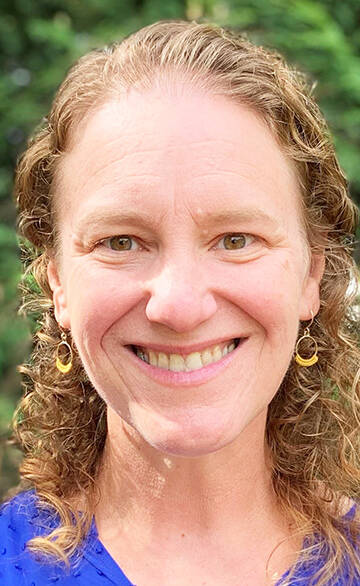A memo from Bainbridge climate officer Autumn Salamack gives an update on the Climate Action Plan midway through the year.
The memo to city manager Blair King was shared at the July 12 City Council meeting.
It says the city is one of 12 nationwide that is part of the Energy Transitions Partnership Project that provides technical assistance to help remote and island communities transform their energy to increase resiliency. The city will be working for up to 18 months with the program to identify pathways and costs to achieve 100% renewable electricity on BI by 2030.
It also made an agreement with Puget Sound Energy to obtain Green Power for all its accounts. That fuel mix is 91% wind and 9% biogas. The regular PSE fuel mix combines coal, natural gas, hydro, wind, solar, nuclear and other power.
PSE decided a site on Vincent Road would not qualify to be a community solar location. However, Mayor Joe Deets said Fire Station 21 would be a viable location.
The city will reduce greenhouse gas emissions by converting diesel and biodiesel vehicles to renewable diesel. The current fleet’s fuel types make up about 20% of the emissions of all city operations, the memo says.
The city evaluated six disaster hubs for the potential to install solar panels and battery energy storage systems to reduce energy-related emissions and increase resilience in the event of sustained power outages.
It reviewed proposals for solar charging tables to pilot at one or more disaster hubs to provide charging for cell phones and small electronics without connecting to the electrical grid.
The city is evaluating electrical needs at City Hall and the Public Works yard for the installation of electric vehicle equipment to accommodate the addition of EVs in the city’s fleet.
Contracted to measure the GHG emissions reduction potential associated with the 2022 Sustainable Transportation Plan to reduce vehicle miles and measure additional activities that could help reduce emissions. The consultant will also develop a multimodal transportation impact fee to implement the plan.
The city promoted its Climate Smart Challenge to engage the public in support of the Climate Action Plan. It explains what individuals can do on their own to help reduce GHG emissions.
It will partner with others to work with businesses to reduce waste. It provided water filling stations at events like the 4th of July parade and educational materials to encourage people to bring their own water bottle to events.
It also hired a Climate Action Outreach coordinator.



